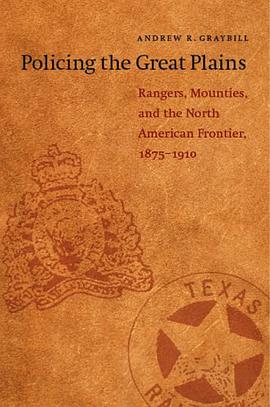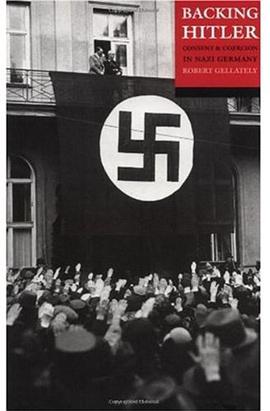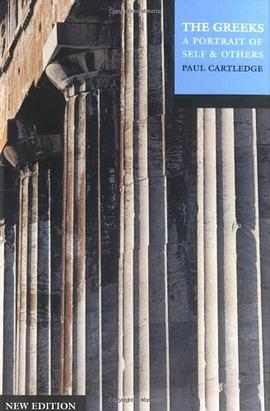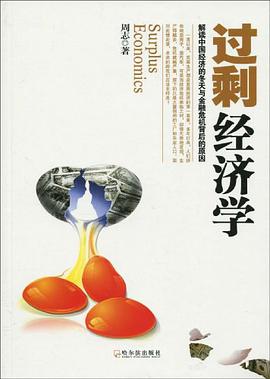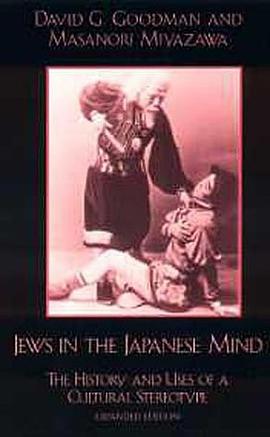

具体描述
After Nicaragua achieved independence from Spain in 1821, it suffered a series of conflicts culminating in the two-year National War. When that war ended in 1857, Nicaragua was in ruins. "The Everyday Nation-State" explores what followed: the intersection of nation-state formation and everyday life in nineteenth-century Nicaragua. Rather than focus on the "invented traditions" of anthems, marches, and memorials that convey and reproduce an established sense of national identity and belonging, this work analyzes how such feelings emerged in the struggles of local communities over political authority, identity, and legitimacy. Based on extensive research of court cases, land registries, census materials, correspondence, government publications, and newspapers, "The Everyday Nation-State" connects the local with the national, prizing the narratives of commoners, while placing them in the larger regional and historical context, and challenging the way we approach the study of the nation-state. Justin Wolfe's exploration of quotidian social life and politics in nineteenth-century Nicaragua reveals how the diversities of economy, ethnicity, and geography engendered multiple experiences of nation. In turn, these experiences invigorated a new Nicaraguan citizenry as it fragmented local community power and autonomy in the face of a nascent modern state. This local perspective also provides a key to understanding the rise of twentieth-century figures such as revolutionary Augusto C. Sandino and dictator Anastasio Somoza.
作者简介
目录信息
读后感
评分
评分
评分
评分
用户评价
相关图书
本站所有内容均为互联网搜索引擎提供的公开搜索信息,本站不存储任何数据与内容,任何内容与数据均与本站无关,如有需要请联系相关搜索引擎包括但不限于百度,google,bing,sogou 等
© 2026 book.wenda123.org All Rights Reserved. 图书目录大全 版权所有


